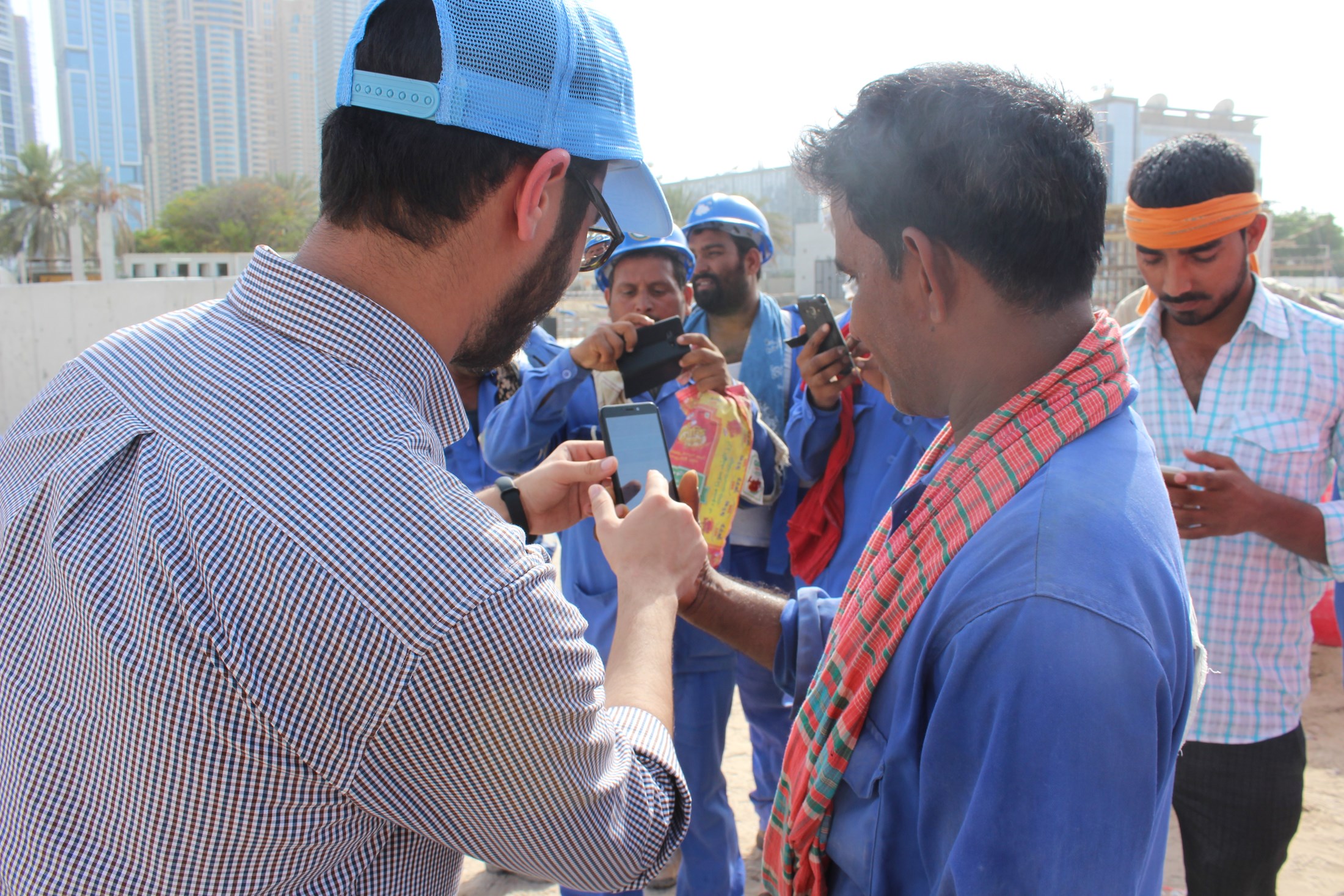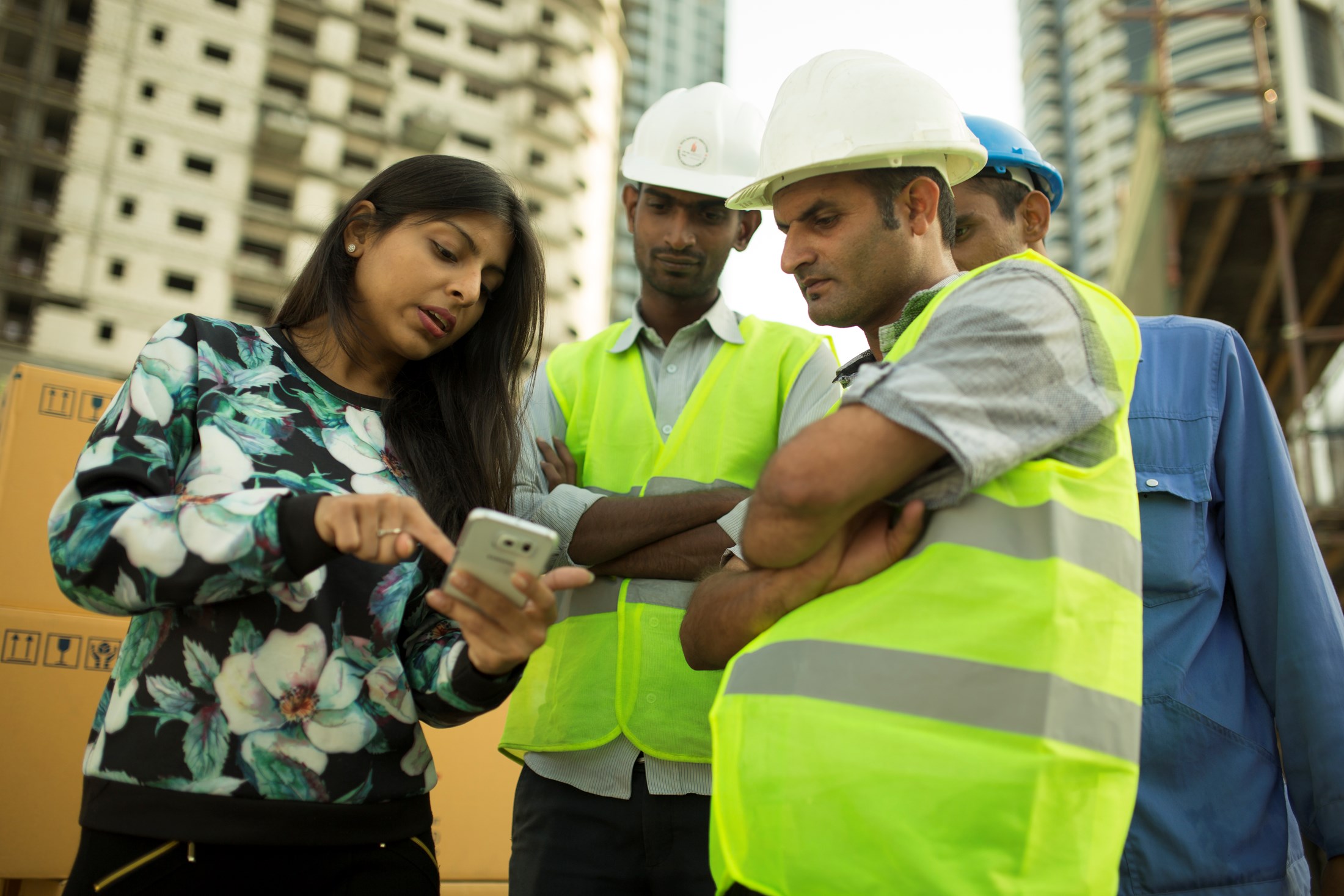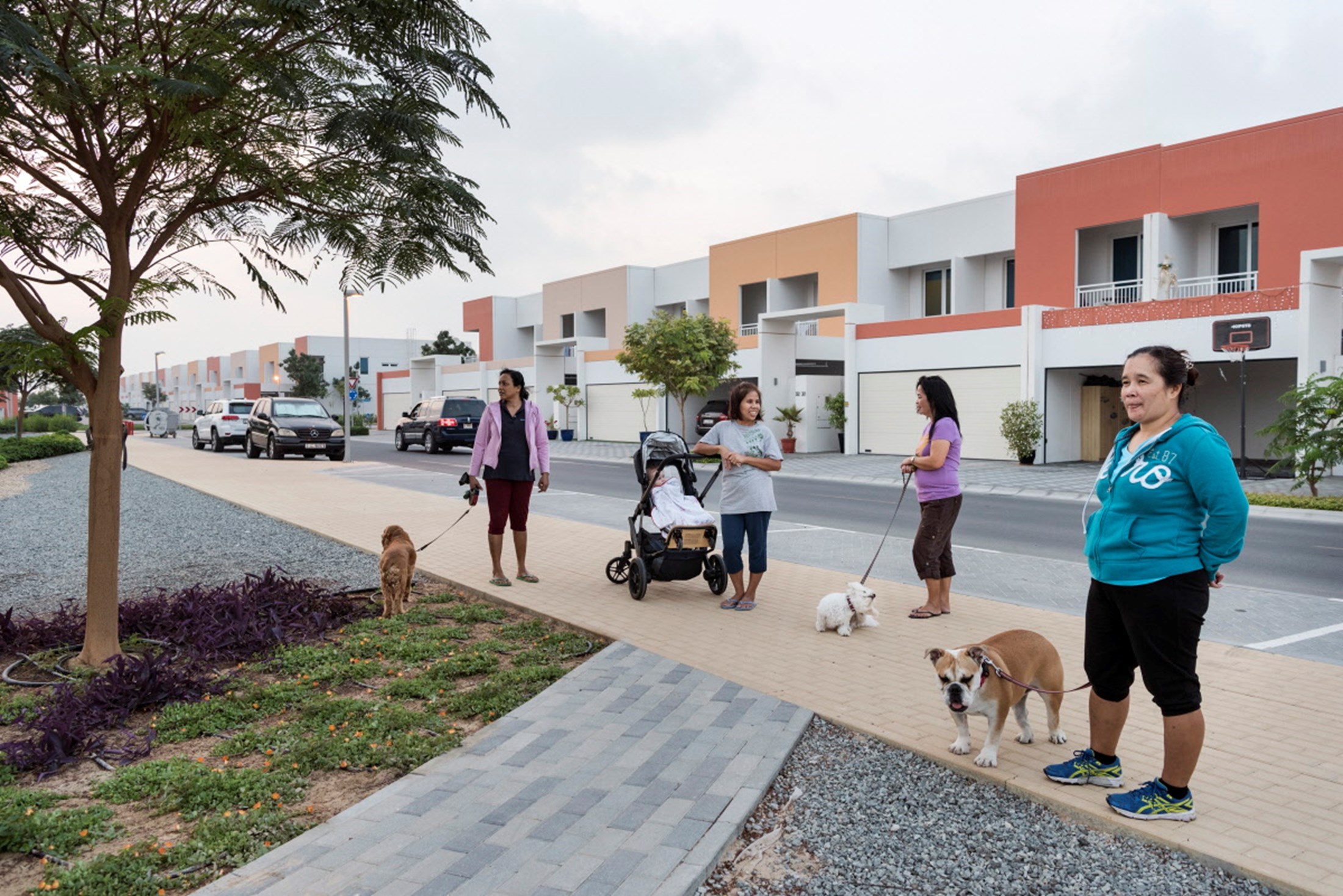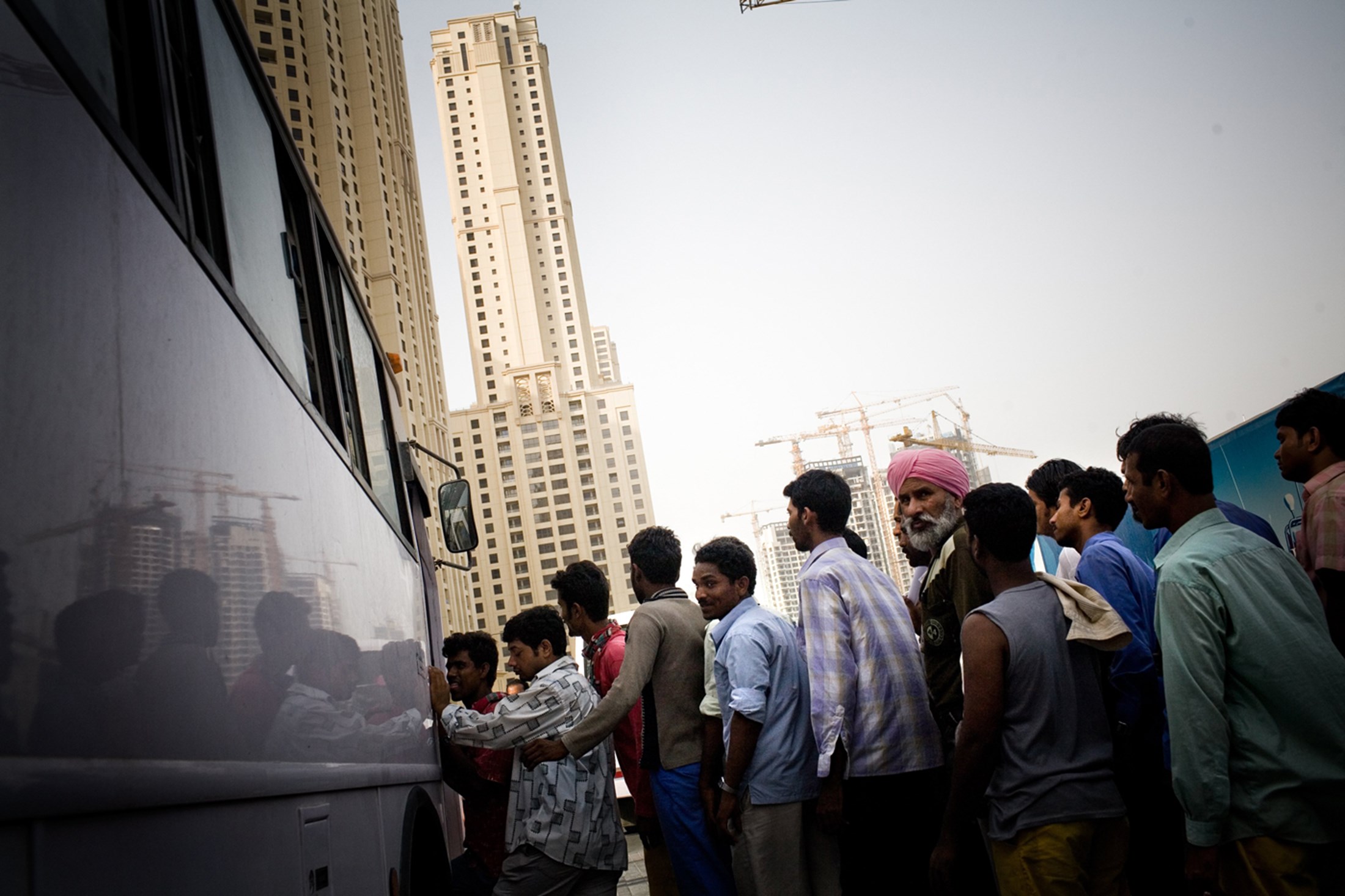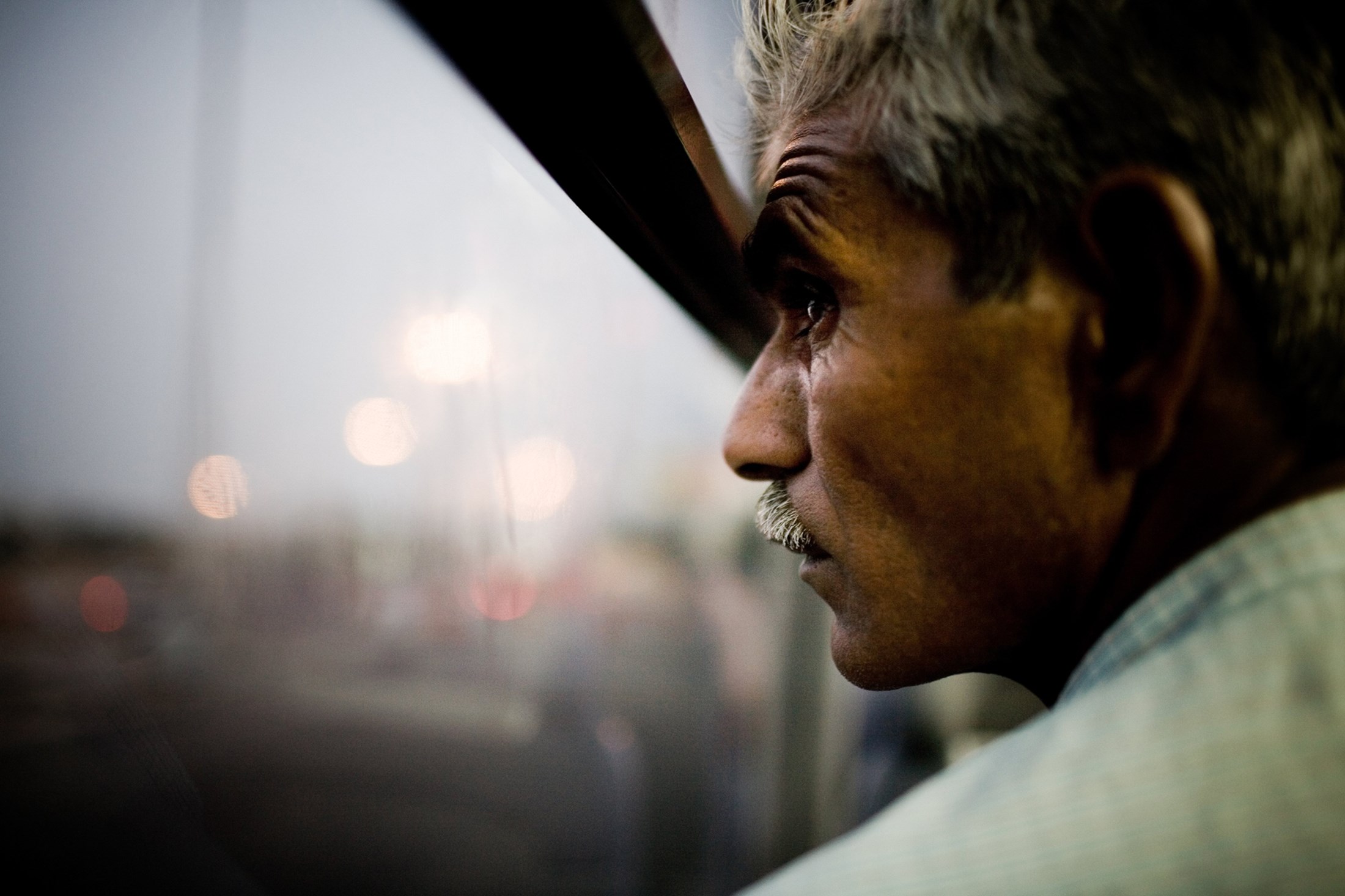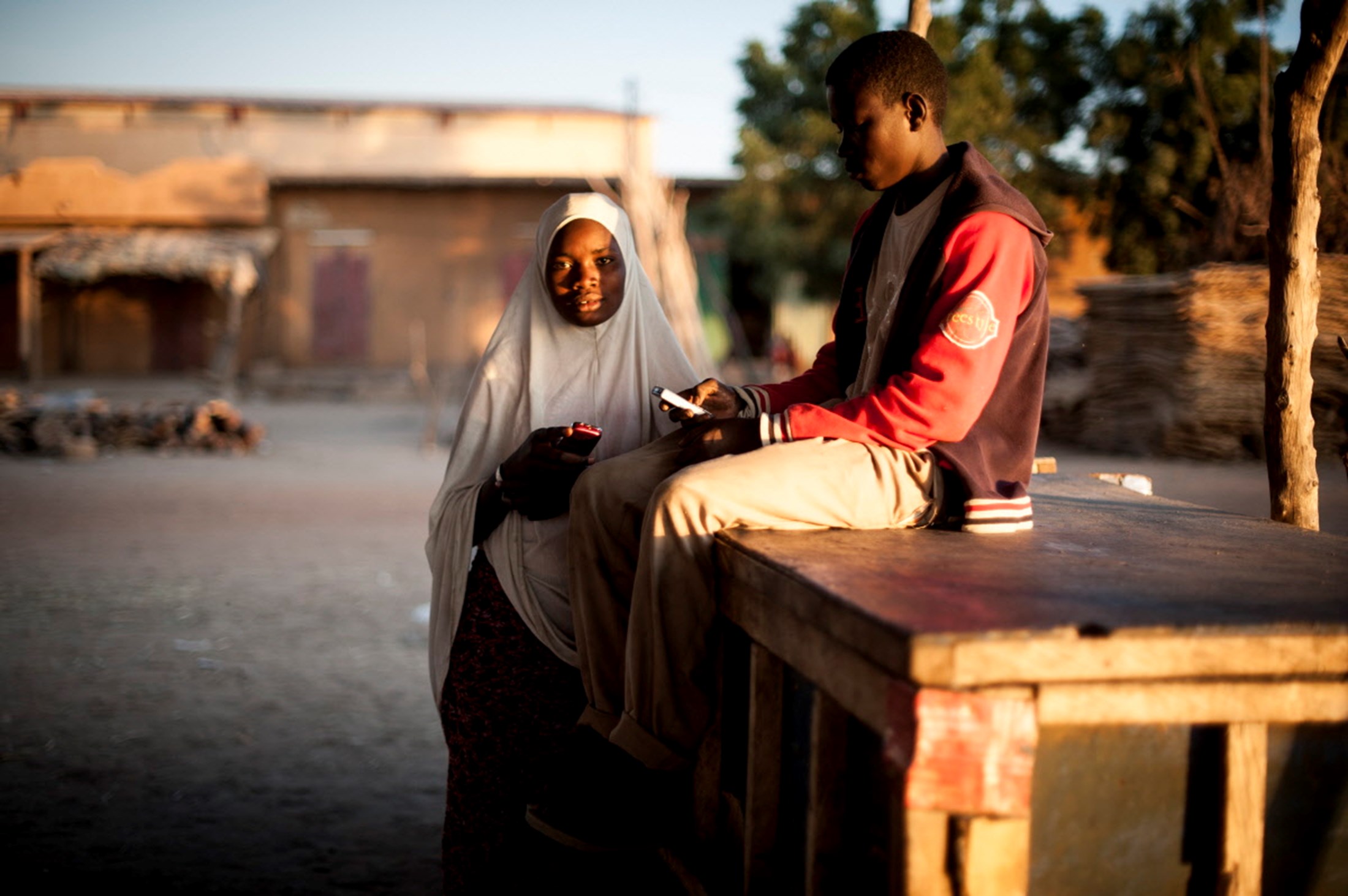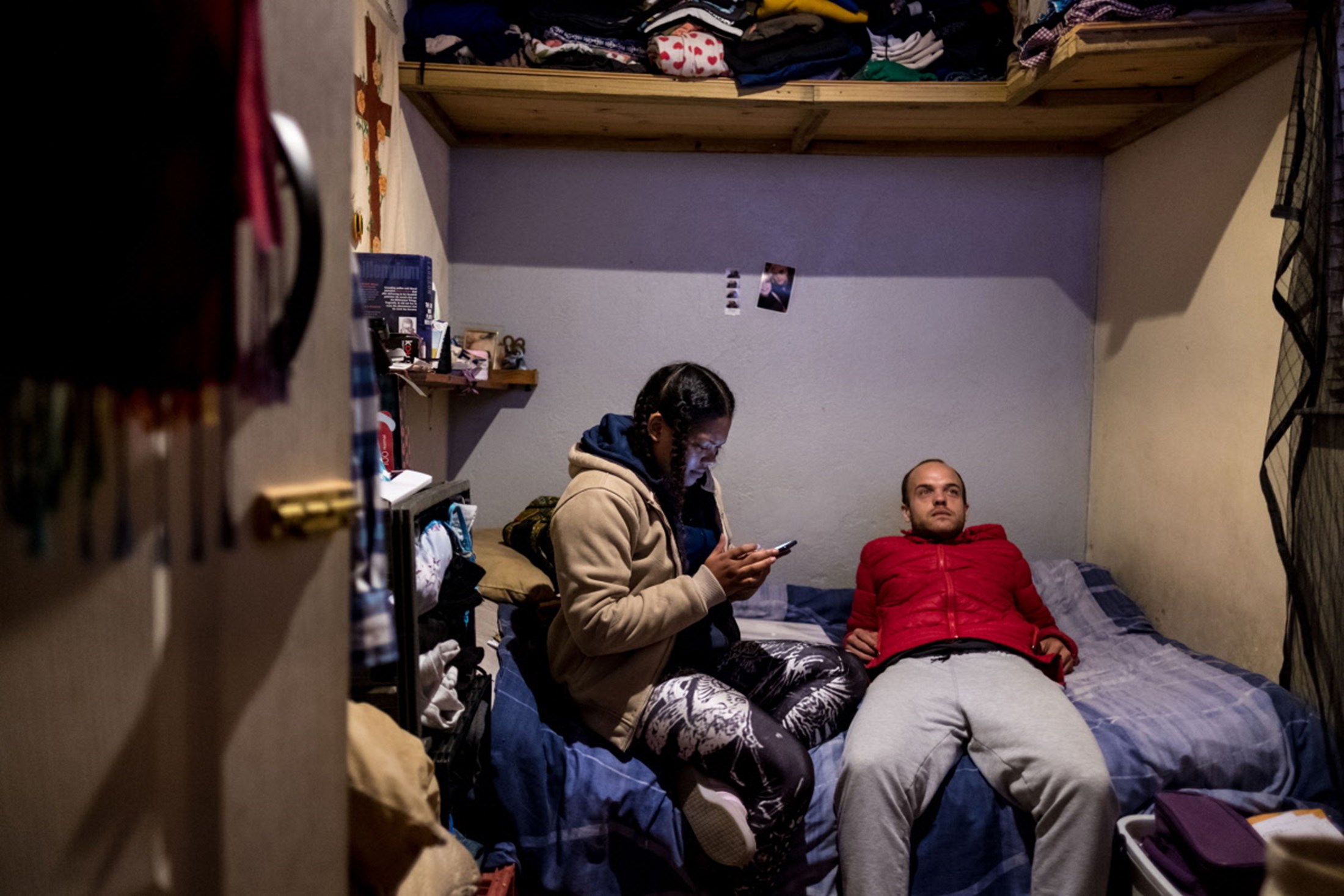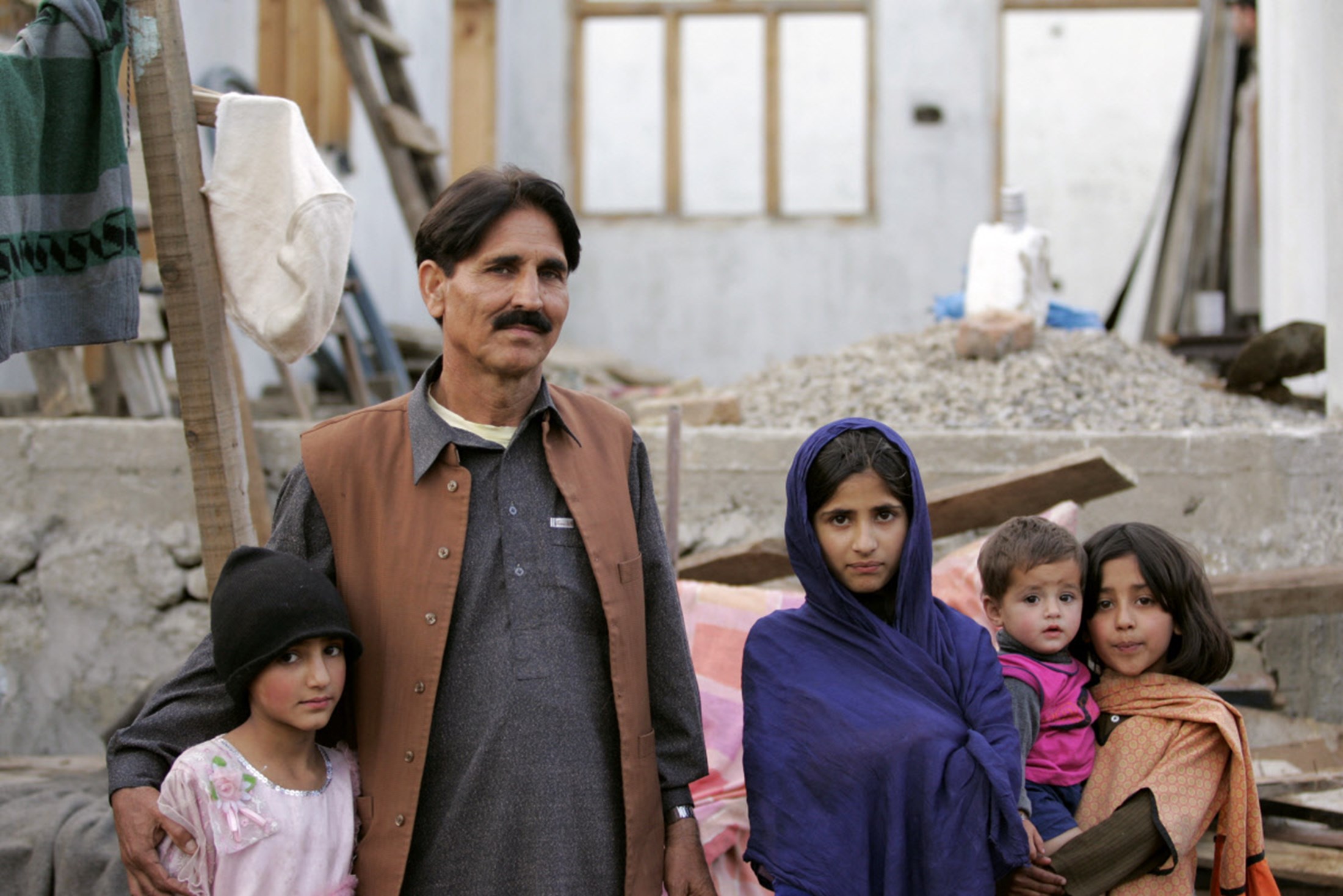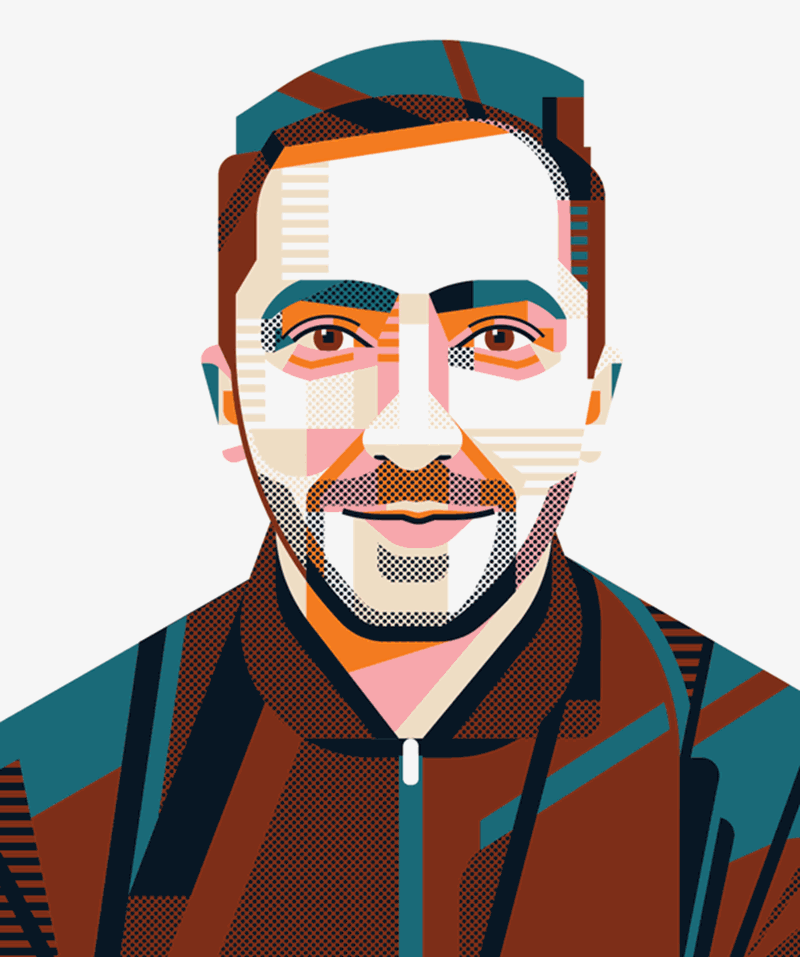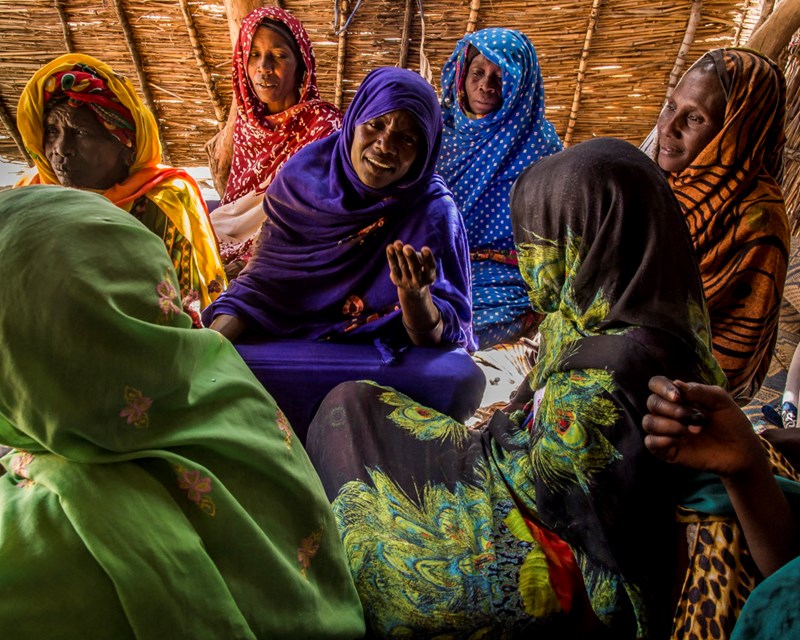From luxury malls to high-end hotels, business in the GCC has traditionally been built around high-income and big-spending consumers. Not any more. A vanguard of UAE startups is upending this model and scrambling to tap what they view as an underserved and overlooked market: low-paid migrant workers.
Previously pushed aside as lacking purchasing power, the region’s working poor are increasingly regarded as a buoyant growth market – and one receptive to low-cost, quality goods and services.
The benefits are win-win. Not only are low-income workers profiting from newly accessible bank accounts, insurance policies and affordable healthcare, but – with two-thirds of the UAE population on a monthly wage of less than $1,361 – the market potential is vast.
“It’s a huge market and a huge opportunity,” explains Ian Dillon, co-founder of Now Money, a Dubai-based fintech company, whose app offers financial services to workers with incomes at a level that make it hard to open a regular bank account.
“The UAE has around 25 banks and a population of just under 10 million, but all the banks are chasing after the wealthiest customers,” he says. “We’re going after that forgotten remainder.”
Now Money, which has received funding from US, UK, Saudi and UAE investors – including the Dubai International Financial Centre (DIFC) Fintech Fund – launched its services in mid-2109. It provides payroll to large corporates, mainly in the construction, industrial and retail sectors, along with a smartphone app that gives the employees an online bank account with a debit and cash card.
Users can also remit money through the app straight from their wages – saving a trip to an exchange house – and buy airtime for their mobile phones.
Unlike the region’s other payroll providers, Now Money does not charge its corporate clients for creating accounts. “This is what makes us different,” Dillon, a former investment banker from the UK, says. “We have to focus on providing an incredible service to the worker, because that’s where we make our money. We have a motivation that our competitors do not.”
Now Money’s business model of providing financial services to a previously unbanked sector is “on the dot”, according to Xavier Gregory Layre, CEO of iPay Holding, which runs 44 retail franchises for Dubai telecoms provider DU.
iPay Holding, a subsidiary of the Inteltec Group, has directly invested in Now Money and Layre also uses the platform to pay his 300-strong UAE-based workforce.
“They are really filling a gap and resolving a pain point,” he explains. “It works particularly well for me in retail because as well as paying my staff their monthly wages, I’m also able to award them their commission on a day-to-day basis. This has had a huge impact on their motivation, and subsequently on sales.”
In late-2020, Now Money announced a partnership agreement with Commercial Bank of Dubai (CBD) to provide accounts and cards to the bank's new and existing low-income customers. This will significantly expand the Now Money’s client reach, propelling it into the mainstream, and it will open up banking services to many more low-paid workers.
The next step, says Dillon, is expansion into Saudi Arabia and other GCC markets.

